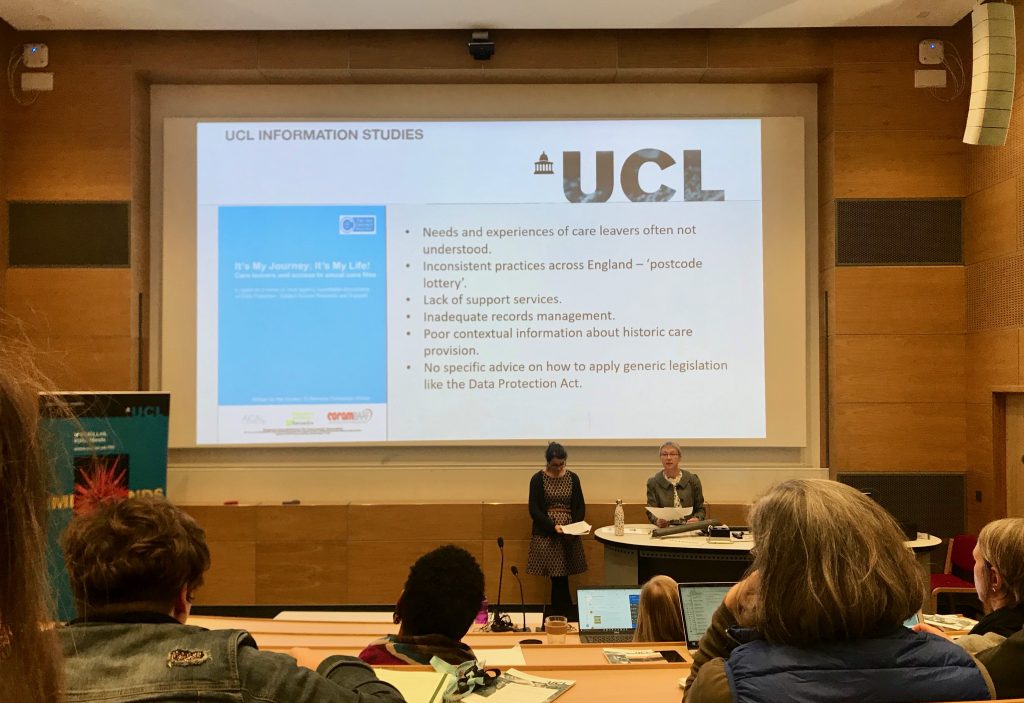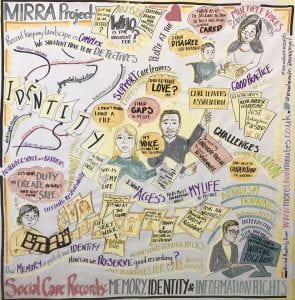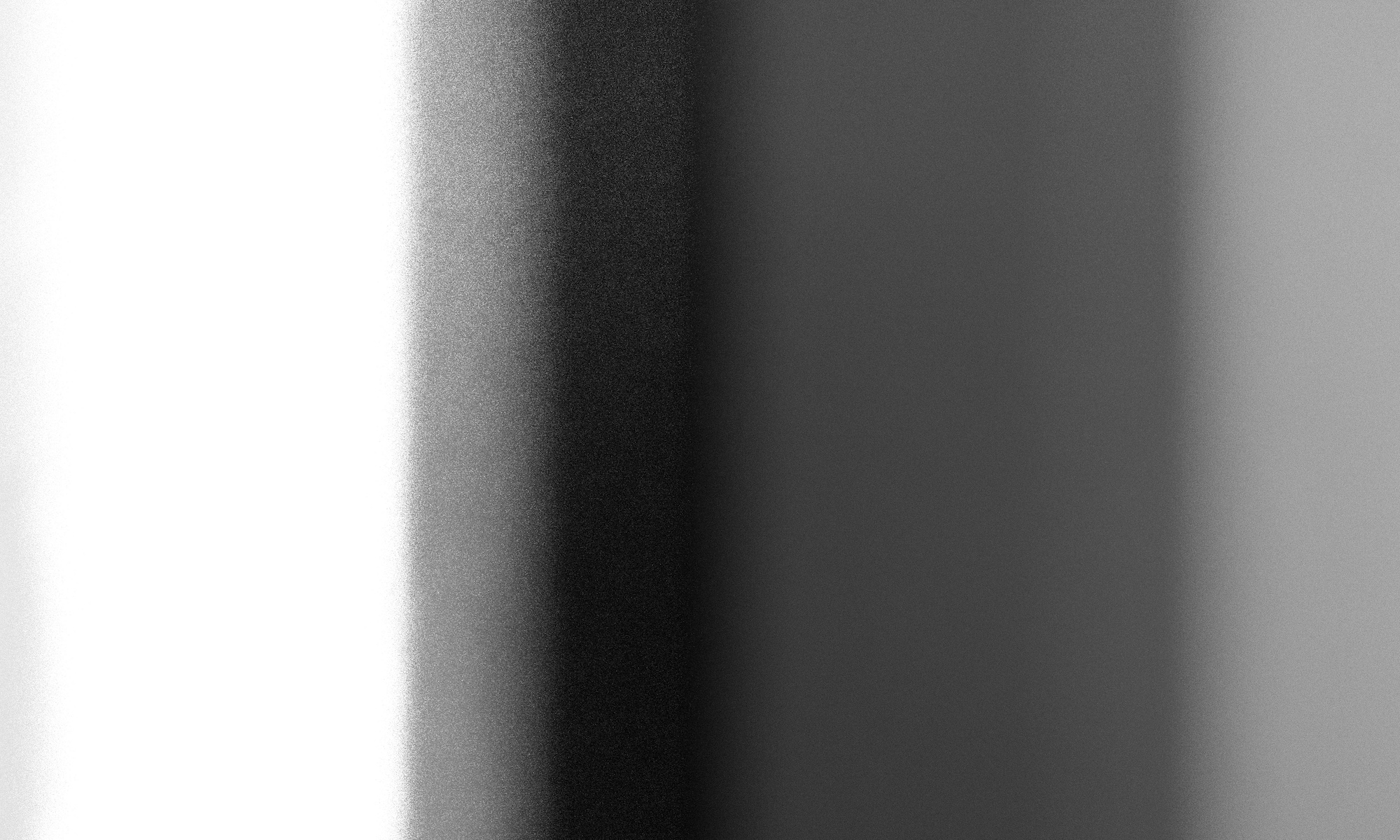UCL Minds Lunch Hour Lecture, 14th November 2019

MIRRA (Memory-Identity-Rights in Records-Access) is a participatory action research project exploring access to records for people who grew up in care. Care-leavers commonly have gaps in their memories of childhood, and lack images and artefacts from periods of their lives. Care records provide a potential source of material. However, the records kept by local authorities and others concerned with the management of care describe the trajectories of children in a way which is designed to meet bureaucratic requirements, without any concern for the voices of the ‘subjects’ of these records. The project helps care-leavers not only access their care records, but also interpret the records and emotionally come to terms with what is recorded, how it is recorded and what is not recorded. It also campaigns for more human-centred (rather than bureaucratic) forms of record keeping. The relevance to my project is that these records constitute an official bureaucratic account of the minutiae of everyday life by the ‘corporate parent’ in the interests of compliance, and as a result present a particular form of description of individual lives (a ‘paper self’) on which important decisions are made. This is similar to the role of quantitative data in housing development in the areas I am exploring. In the same way that I am trying to use photographic art to produce a counter to this, the project is seeking a more ‘human-centred’ form of record keeping, and in particular, a way of recording the life courses of looked after children that gives voice, and ownership, to these children, which has the capacity to hold ‘personal memory objects’ (such as photographs and valued objects). When the records are requested by individuals, they are usually in heavily redacted form, with large sections of text blacked out for confidentiality reasons. This is unsettling for care leavers, in giving the impression that there are aspects of their own lives, and decisions that have been made and recorded, that are being deliberately withheld from them.

The attempt being made here to question official forms of record keeping (and the image of a person that is projected as a result of this) and to develop a way of keeping records that gives greater voice an agency to the person and more appropriately, and openly, provides an account of their lives, resonates with my project. At the community level this is similar to the images of a community projected by accounts given, for instance, in compulsory purchase orders and through quantitative social progress indicators, a raises the question of how communities can record and communicate who they are and what they do, and within this the role that can be played by photographic images (and the practices of photography).
A further issue concerns the move to digital forms of record keeping, which has had the effect of fragmenting and obscuring accounts. Agencies rarely use the same systems for making digital records, and often these are incompatible making it difficult to compile a single consistent record. This is further compounded by the out-sourcing of care to private and third sector agencies, whose records may not be in the public domain and thus not allow right of access. The proposal made by the project is for the co-creation of records, and ownership for the individual. A physical (analogue/material) form would seem most appropriate, given that development of a common digital system is unlikely, and the limitations of digital forms for evocation of memory and longer term transportability across systems and formats. This brings to mind the use of portable archives and meaningful objects by migrant communities.
